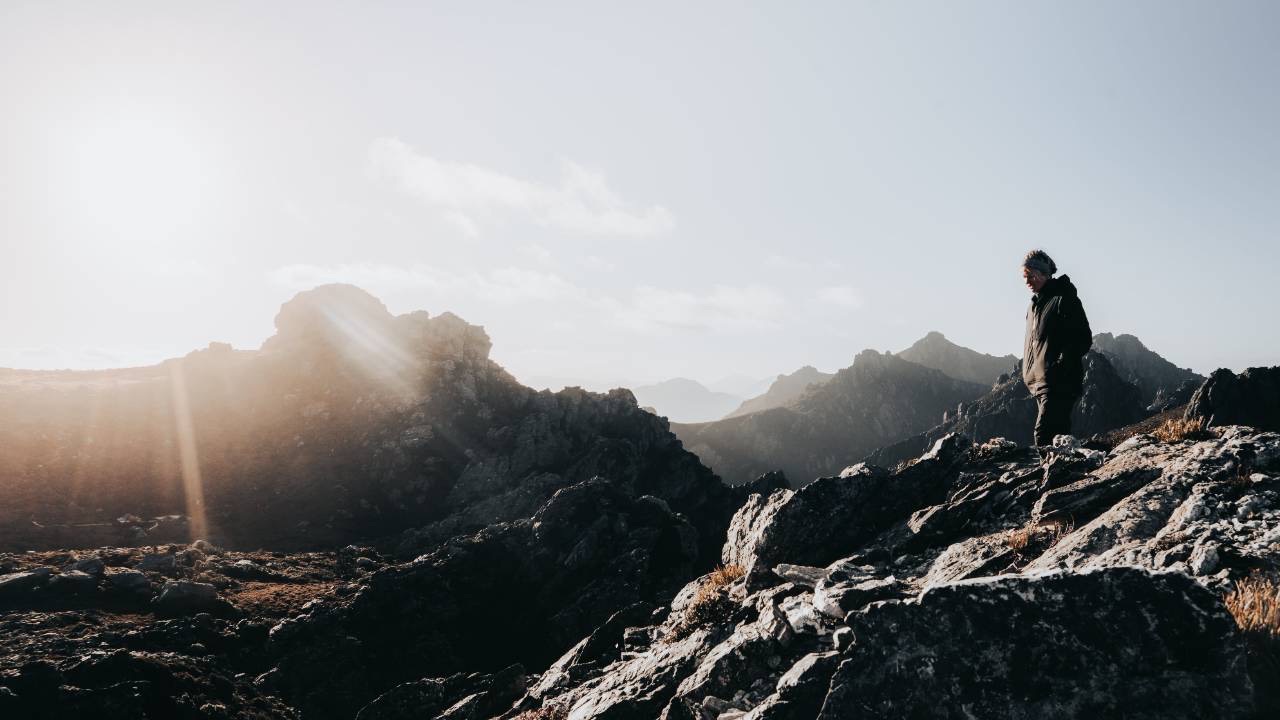Essential First Aid Skills and Gear for the Trails

Being prepared with first aid skills and the right gear can make a significant difference in handling unexpected situations on the trails.
Below we explore the importance of first aid skills, discuss essential first aid gear, and address some of the most common hiking and camping injuries and illnesses.
-
Importance of First Aid Skills: Having basic first aid knowledge is crucial for handling common injuries and emergencies on the trails. It allows you to provide immediate assistance to yourself or others, minimising the impact of an injury or medical issue. Consider taking a first aid training course to learn essential skills like wound management, CPR, fracture stabilisation, and recognising signs of heat exhaustion or dehydration. This knowledge can empower you to react effectively in critical situations and provide timely assistance.
-
Essential First Aid Gear: Carrying the right first aid gear is essential to handle minor injuries and emergencies on the trails. Here are some key items to include in your hiking first aid kit:
- Bandages and adhesive dressings of various sizes to cover cuts, blisters, and minor wounds.
- Antiseptic wipes or solution to clean wounds and prevent infection.
- Sterile gauze pads and adhesive tape for larger wounds or as a makeshift splint.
- Tweezers for removing splinters or debris from wounds.
- Pain relievers, such as ibuprofen or acetaminophen, to manage pain and inflammation.
- Antihistamines for allergic reactions or insect bites.
- Moleskin or blister pads for preventing and treating blisters.
- Emergency whistle to attract attention in case of an emergency.
- Emergency blanket to provide warmth and protection from the elements.
- Personal medications, if required, along with extra supplies.
- Common Hiking and Camping Injuries and Illnesses:
- Blisters: To prevent blisters, ensure you have well-fitting hiking boots and moisture-wicking socks. If a blister forms, clean the area, apply moleskin or blister pads, and avoid popping the blister to prevent infection.
- Sprains and Strains: Rest and elevate the injured area, apply ice wrapped in a cloth, and compress with an elastic bandage to reduce swelling. If the pain persists or there is severe swelling, seek medical attention.
- Heat Exhaustion: Move to a shaded area, remove excess clothing, and drink plenty of fluids. Apply cool towels to the neck, wrists, and forehead. If symptoms worsen or heatstroke is suspected, seek medical help immediately.
- Dehydration: Drink water regularly and avoid excessive sweating by taking breaks in shaded areas. Replenish electrolytes through sports drinks or electrolyte tablets.
- Insect Bites and Stings: Use insect repellent and wear appropriate clothing to prevent bites. If bitten or stung, clean the area, apply a cold compress, and use antihistamine creams or take oral antihistamines if needed.
- Allergic Reactions: Carry antihistamines and know the signs of severe allergic reactions. If someone experiences difficulty breathing, facial swelling, or hives, call emergency services immediately.
